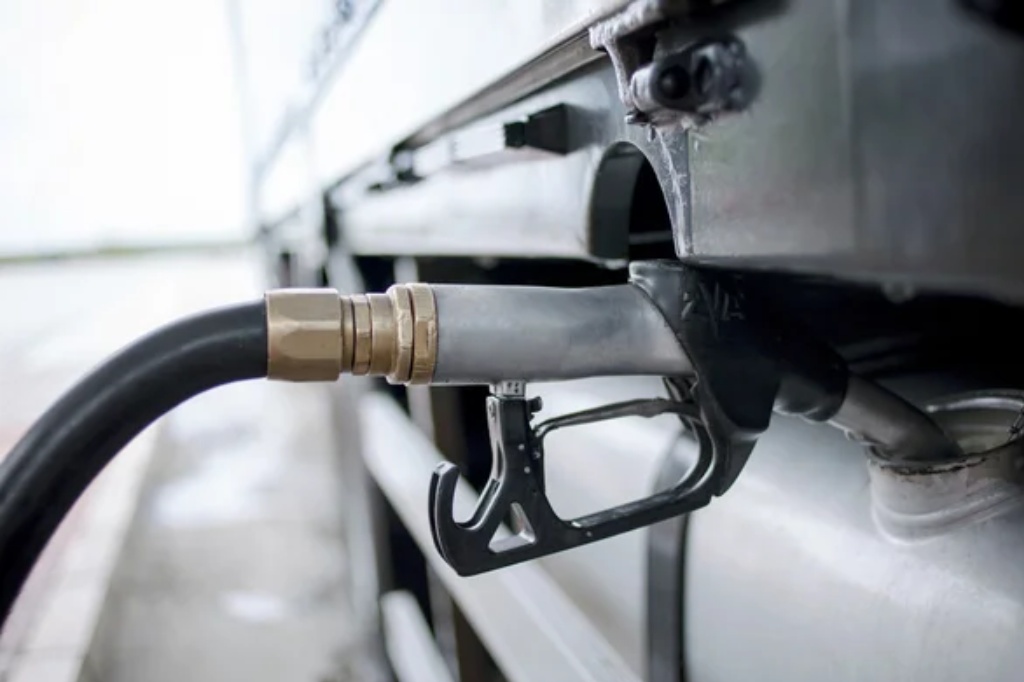How to Increase Your Truck’s Fuel Efficiency with the Right Parts and Upgrades

Rising fuel costs remain a significant concern for truck owners and fleet managers across Western Canada. Fuel efficiency not only impacts operating expenses but also influences environmental performance. Applying targeted mechanical solutions can help reduce fuel consumption in a practical, measurable way.
At RJames Management Group Ltd, we aim to assist truck owners and fleet operators in maintaining well-performing vehicles through appropriate parts selection and preventative maintenance.
Invest in Aerodynamic Improvements
Air resistance increases with speed. At highway speeds, aerodynamic drag can account for over half of a truck’s total fuel consumption.
Adding side skirts or roof fairings can reduce turbulence around the truck. Tail fairings are another option for smoothing airflow behind the vehicle. For fleets already using aerodynamic equipment, periodic inspections help ensure these components remain properly secured and effective.
Even small adjustments — closing gaps, repairing torn fairings, or repositioning existing components — can contribute to fuel savings without major investment.
Tire Selection and Care
Not all tires are created equal. Rolling resistance — the energy required to turn the tires — directly impacts fuel consumption. Low-rolling-resistance (LRR) tires are engineered to reduce this friction.
However, tire choice alone is not enough. Fuel-efficient driving also depends on keeping tires properly inflated. Underinflated tires increase rolling resistance and wear unevenly. Checking tire pressure during regular maintenance prevents this issue.
Additionally, alignment checks and scheduled rotations help maintain even tread wear, supporting both fuel economy and safety.
Engine Tuning and Preventive Maintenance
A poorly tuned engine consumes more fuel. Addressing this requires attention to multiple systems:
- Air intake and filtration: Clean air filters allow for better combustion.
- Fuel delivery: Regular injector cleaning ensures accurate fuel-air mixing.
- Exhaust and emissions: Blockages or faults here can cause backpressure, reducing efficiency.
Rather than relying on reactive repairs, fleet operators should establish a preventative maintenance schedule covering these systems.
Driver Behaviour and Telematics Insights
Even the most efficiently maintained truck can waste fuel if driven inefficiently. Sudden acceleration, hard braking, inconsistent speeds, and excessive idling all contribute to higher consumption. Telematics solutions provide valuable insights into driver behaviour. Fleet managers can monitor key indicators such as:
- Average idle time per trip
- Acceleration and braking patterns
- Speed variance during highway travel
Addressing poor habits through targeted driver training can lead to measurable fuel savings across an entire fleet.
Appropriate Lubricants and Fluids
Internal friction affects engine and drivetrain efficiency. Using the manufacturer’s recommended lubricants ensures that moving parts operate with minimal resistance.
This includes:
- Engine oil
- Transmission fluid
- Axle and differential lubricants
Regular fluid changes according to the maintenance schedule help prevent wear and maintain fuel efficiency.
Maintaining Fuel Efficiency Through Informed Choices
Fuel efficiency depends on several controllable factors — from aerodynamic components to tire maintenance, engine tuning, and driver habits. Each provides an opportunity for measurable savings.
At RJames Management Group Ltd, our team endeavours to provide professional support to truck owners and fleet managers across Western Canada. Contact us for guidance on parts selection, maintenance best practices, and operational strategies that help you reduce fuel consumption over the long term.

